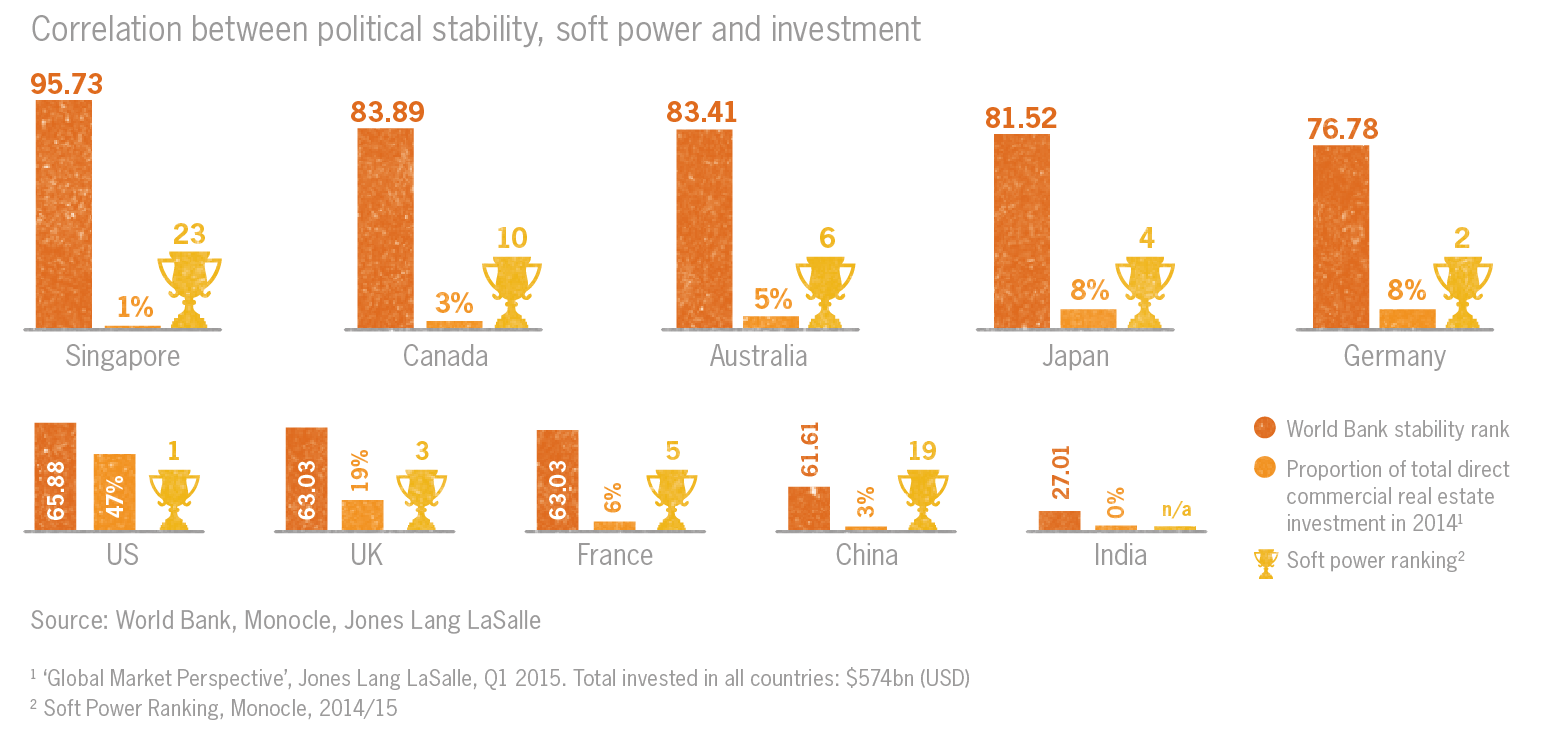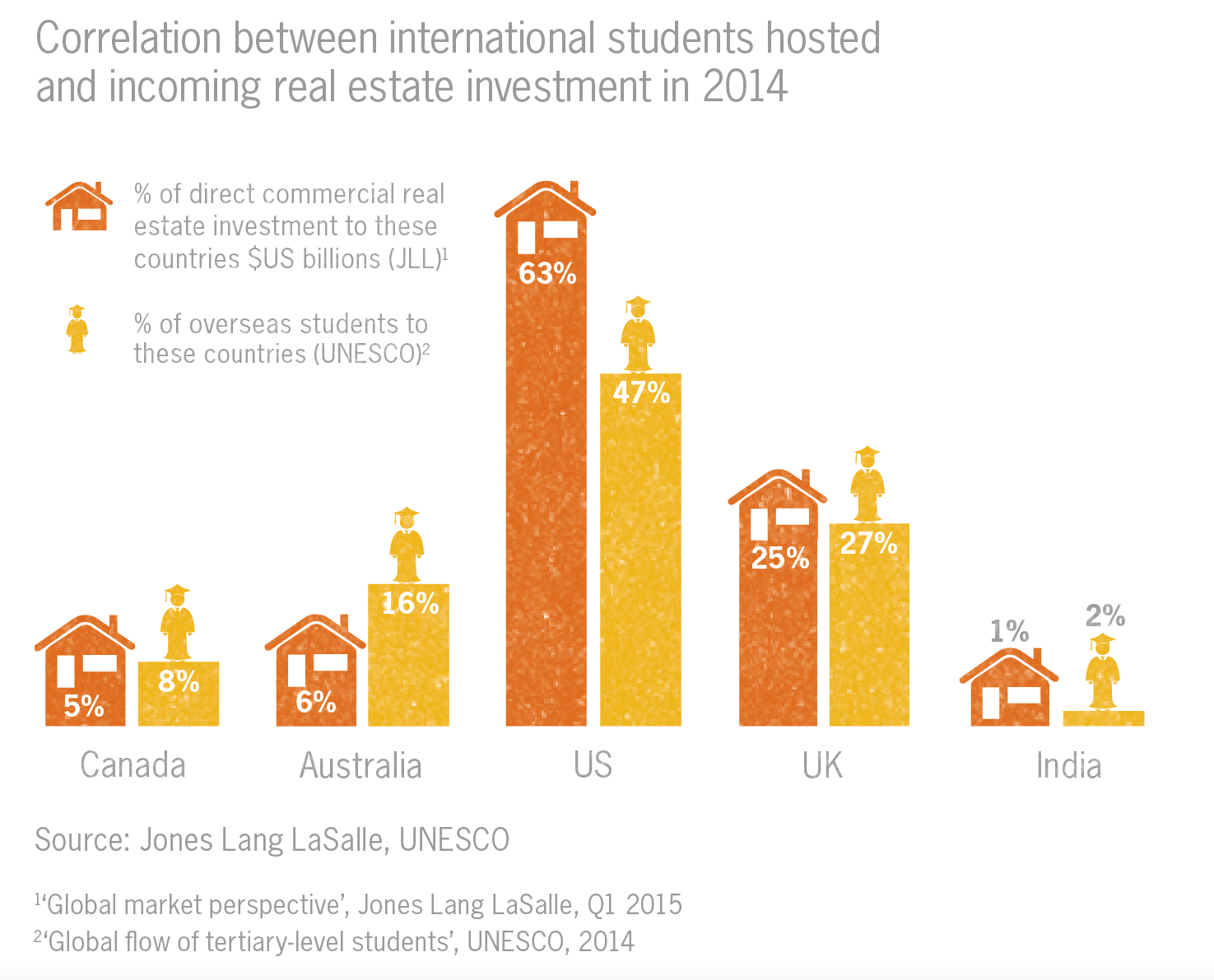-
Accounting Advisory
Our accounting advisory team help businesses meet their complex financial reporting requirements. The team can support in applying new financial reporting standards, IFRS/ US GAAP conversions, financial statement preparation, consolidation and more.
-
Payroll
Our team can handle your payroll processing needs to help you reduce cost and saves time so that you can focus on your core competencies
-
Managed accounting and bookkeeping
Outsourcing the financial reporting function is a growing trend among middle market and startup companies, as it provides a cost-effective way to improve the finance and accounting function. Our team can help with financial statement preparation, consolidation and technical on-call advisory.
-
Accounting Advisory
Our team helps companies keep up with changes to international and domestic financial reporting standards so that they have the right accounting policies and operating models to prevent unexpected surprises.
-
Crypto Accounting Advisory Service
Our team can help you explore appropriate accounting treatment for accounting for holdings in cryptocurrencies, issuance of cryptocurrencies and other crypto/blockchain related accounting issues.
-
ESG Reporting and Accounting
As part of our ESG and Sustainability Services, our team will work with you on various aspects of ESG accounting and ESG reporting so that your business can be pursue a sustainable future.
-
Expected Credit Loss
Our team of ECL modelling specialists combine help clients implement provisioning methodology and processes which are right for them.
-
Finance Transformation
Our Finance Transformation services are designed to challenge the status quo and enable your finance team to play a more strategic role in the organisation.
-
Managed Accounting and Bookkeeping Services
Outsourcing the financial reporting function is a growing trend among middle market and startup companies, as it provides a cost-effective way to improve the finance and accounting function. Our team can help with financial statement preparation, consolidation and technical on-call advisory.
-
Business Tax Advisory
Our business tax team can help you navigate the international tax landscape, grow through mergers and acquisitions, or plan an exit strategy.
-
Corporate Finance
Our corporate finance team helps companies with capital raising, mergers and acquisitions, private equity, strategic joint ventures, special situations and more.
-
Financial Due Diligence
From exploring the strategic options available to businesses and shareholders through to advising and project managing the chosen solution, our team provide a truly integrated offering
-
Valuations
Our valuation specialists blend technical expertise with a pragmatic outlook to deliver support in financial reporting, transactions, restructuring, and disputes.

-
Sustainability with the ARC framework
Backed by the CTC Grant, businesses can tap on the ARC Framework to gain access to sustainability internally, transform business processes, redefine job roles for workers, and enhance productivity. Companies can leverage this grant to drive workforce and enterprise transformation.

-
Business Tax Advisory
Our business tax team can help you navigate the international tax landscape, grow through mergers and acquisitions, or plan an exit strategy.
-
Corporate Tax Compliance
Our corporate tax teams prepare corporate tax files and ruling requests, support you with deferrals, accounting procedures and realise tax benefits.
-
Tax Governance
Our Tax Governance Services are designed to assist organisations in establishing effective tax governance practices, enabling them to navigate the intricate tax environment with confidence.
-
Goods and Services Tax
Our GST team supports organisations throughout the entire business life-cycle. We can help with GST registration, compliance, risk management, scheme renewals, transaction advisory and more.
-
Transfer Pricing
Our Transfer Pricing team advises clients on their transfer pricing matters on and end-to-end basis right from the designing of policies, to assistance with annual compliance and assistance with defense against the claims of competing tax authorities.
-
Employer Solutions
Our Employer Solutions team helps businesses remain compliant in Singapore as well as globally as a result of their employees' movements. From running local payroll, to implementing a global equity reward scheme or even advising on the structure of employees’ cross-border travel.
-
Private Client Services
Our private client services team provides a comprehensive cross section of advisory services to high net worth individuals and corporate executives, allowing such individuals to concentrate on their business interests.
-
Welfare and benefits
We believe that a thriving team is one where each individual feels valued, fulfilled, and empowered to achieve their best. Our welfare and benefits aim to care for your wellbeing both professionally and personally.
-
Career development
We want to help our people learn and grow in the right direction. We seek to provide each individual with the right opportunities and support to enable them to achieve their best.
Grant Thornton warns reliance on instinct can lead investors to miss emerging pockets of opportunity for growth
Soft power and gut instinct is driving an estimated US$250bn per year* in overseas real estate investment, a new report by Grant Thornton reveals, showing that feeling rather than data analysis determines many investment decisions. This comes amid a surge of overseas real estate activity as investors seek new bedrocks of political stability. However Grant Thornton warns that reliance on instinct, while important, can lead investors to miss emerging pockets of opportunity if not complemented by more analysis and using local expertise.
Cross-border real estate transactions rose by 9% in the first half of 2015** and according to research conducted by Grant Thornton for its new report Uncovering opportunities for overseas investment and growth, this surge is being driven by a growing desire to seek politically stable regions for investment. When it comes to making location decisions, gut instinct is the dominant driver. When asked what drives their decision to enter and make a significant investment in a foreign market, over half of senior executives in Canada (51%), Australia (51%), USA (58%), UK (58%) and India (61%) said that ‘it simply feels like a good fit’.
Sian Sinclair, Global leader – real estate and construction at Grant Thornton, said:
“The cross-border real estate investment market is in a purple patch, as a whirlwind of demographic and political changes reshape the global landscape and force savvy, progressive investors to seek stability in new territories.
“Against this backdrop, what really stands out from our study is that the sheer force of familiarity cannot be underestimated. Put simply, investors like putting their money into territories they know. It’s a double-edged sword though. Without more comprehensive analysis alongside it, gut instinct can blind investors to emerging opportunities in less familiar locations.”

The new report from Grant Thornton finds that the countries with the highest soft power rankings – a measure of a nation’s cultural attractiveness and allure – are not necessarily those ranked highest when it comes to political stability. When exploring the factors proving particularly attractive, a striking correlation emerges between the level of overseas students countries receive, and the amount of overseas real estate investment. (See graphic below.)

Sian Sinclair added:
“In conversations with investors around the world it became apparent that soft power carries serious weight. Further analysis found that investors don’t tend to pick a market without having a connection. And education is one of the most powerful connections; where students go, the real estate money follows.
“But falling into the trap of thinking you don’t need a lot of evidence before making a decision could mean missing out. Investment horizons can be broadened by complementing instincts with use of evidence and analysis. Critical to this is incorporating local expertise, which can often present opportunities which may not otherwise have been considered.
“By balancing gut instinct with greater factual analysis, investors will be best placed to navigate the shifting sands and make the most of previously uncited opportunities.”
Grant Thornton’s new report, Uncovering opportunities for overseas investment and growth, explores the trends, challenges and opportunities facing the global real estate market today. It provides practical, achievable actions for investors looking to harness the forces shaping global real estate activity.

